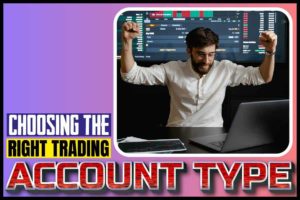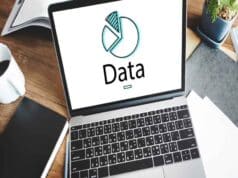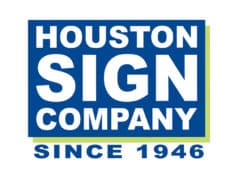What Is An Online Trading Account?
An online trading account is a necessary account for investors who want to trade in the market. An online trading account works in the same manner as the savings account of the bank and is the place where the actual exchange is done. Handling the trading account lets you trade with the shares and make transactions.
Beforehand, the stock exchange operated on the public outcry practice. This means that hand signals and verbal communication were used to send their trading choices. This method was changed as soon as stock markets approved the electronic system. In a new system, participants of trading don’t need to be physically present at the stock exchange but are able to open accounts with a registered stock market broker; who is willing to trade on their behalf. When you open an online trading account and trade through it, your decisions get automatically delivered with the help of your broker, who can also give a bit of advice.
Pros Of Having A Trading Account
Owning a trading account has different advantages.
You get up to date information about stocks and companies;
You can use the recommendations of professionals about your trading decisions.
You can trade in real-time and online, without visiting the trade market or broker office.
You can access different exchanges with one platform.
You can trust the information provided to you, so you make informed decisions.
You can quickly enter your account anytime and from any place, from a desktop or mobile device.
Types Of Trading Accounts
There are different types of forex trading accounts and you need to acknowledge them to make the right decision for your trading decision.
Cash Account
The cash account is the type of trading account, which requires paying full price when buying any securities. Whenever the client buys any securities, he must pay the full amount. In this case, all funds belong to the investor.
Margin Account
When using a margin account, your broker is able to lend you money so you have the ability to buy more securities. Additionally, in such an account, your brokers may sell your securities to cover the loss
Equity trading account
In an equity and derivatives trading account the cost of the derivative relies on some additional asset, which was agreed upon.
Share Trading Account
This kind of account lets you buy and sell shares only. You can make transactions only regarding shares trading.
Offline & Online trading accounts
An offline trading account means you do not need to visit the broker’s office to make trading transactions. Offline trading accounts don’t operate through a desktop or mobile application. If you decide on offline trading you can simply call a broker and give them directives. You are not using a desktop or mobile application to communicate, unlike when using online trading.
Commodity Trading Account
Commodity Trading Account is needed for the commodity market, which means that you are trading with primary economic products instead of manufactured products, for example, gold, oil or agricultural products
Retirement account
In the retirement account, your purpose is to save for retirement and it does not allow you margin trading. This restriction is set in order to protect you from the risks of large losses as it is your long-term investment and should never be put at risk.
Options account
If you choose the options account, you are asked by your broker to sign a special agreement of options, understanding the risks related to trading. This system protects brokers from being sued by their clients, as many brokers had lawsuits against them since their clients underwent big losses and made brokers responsible for that.
As you can see, there are many different details and criteria for different types of trading accounts. When choosing the right type for yourself, you need to take into account all of these, as it will be related to your financial situation in the future. You also need to consider your broker’s experience, commission rate, education and trading skills.









